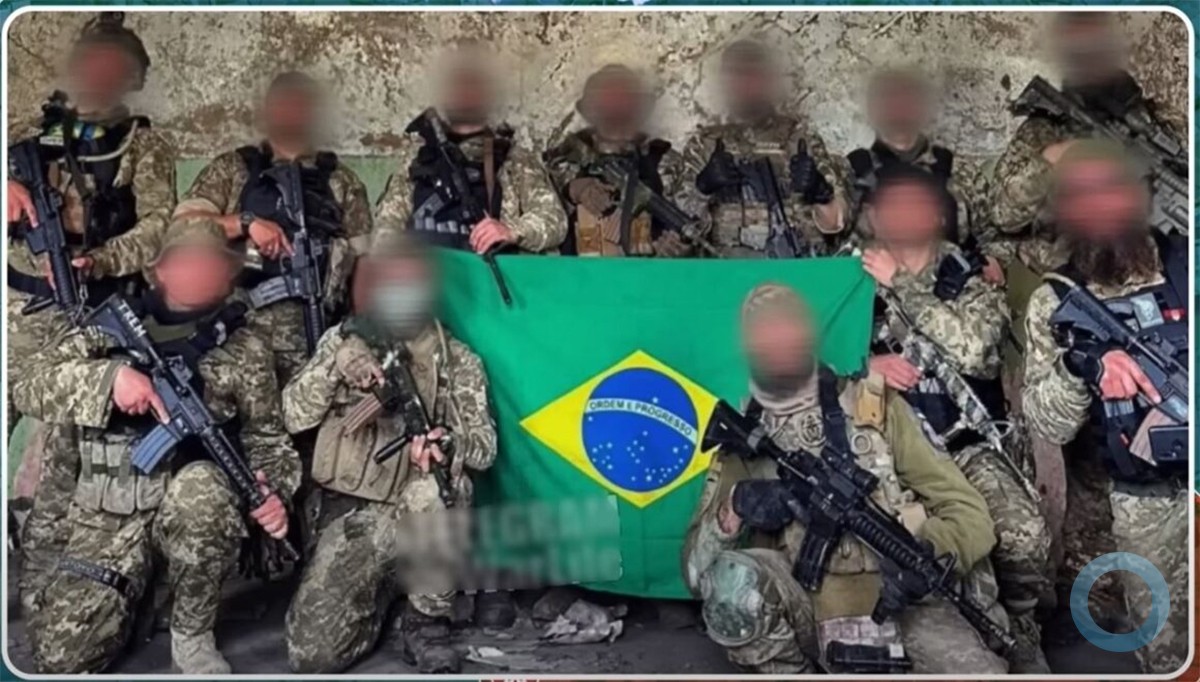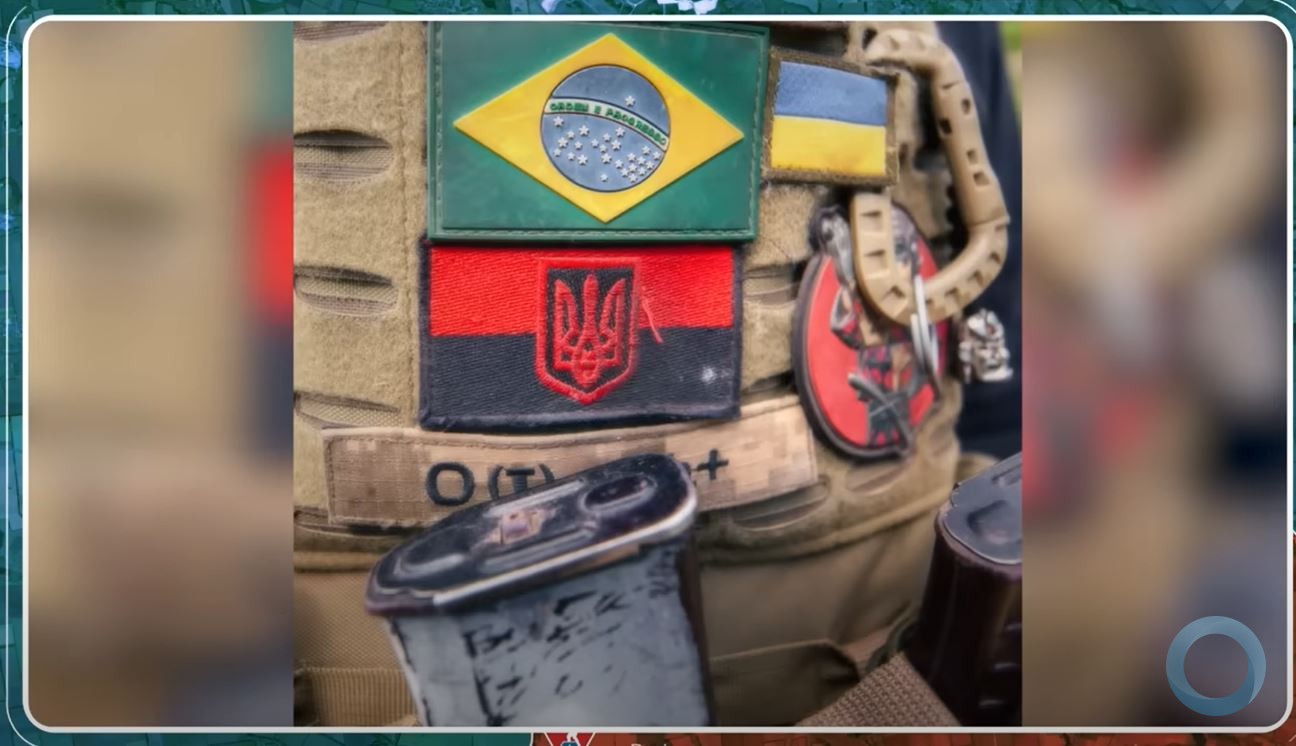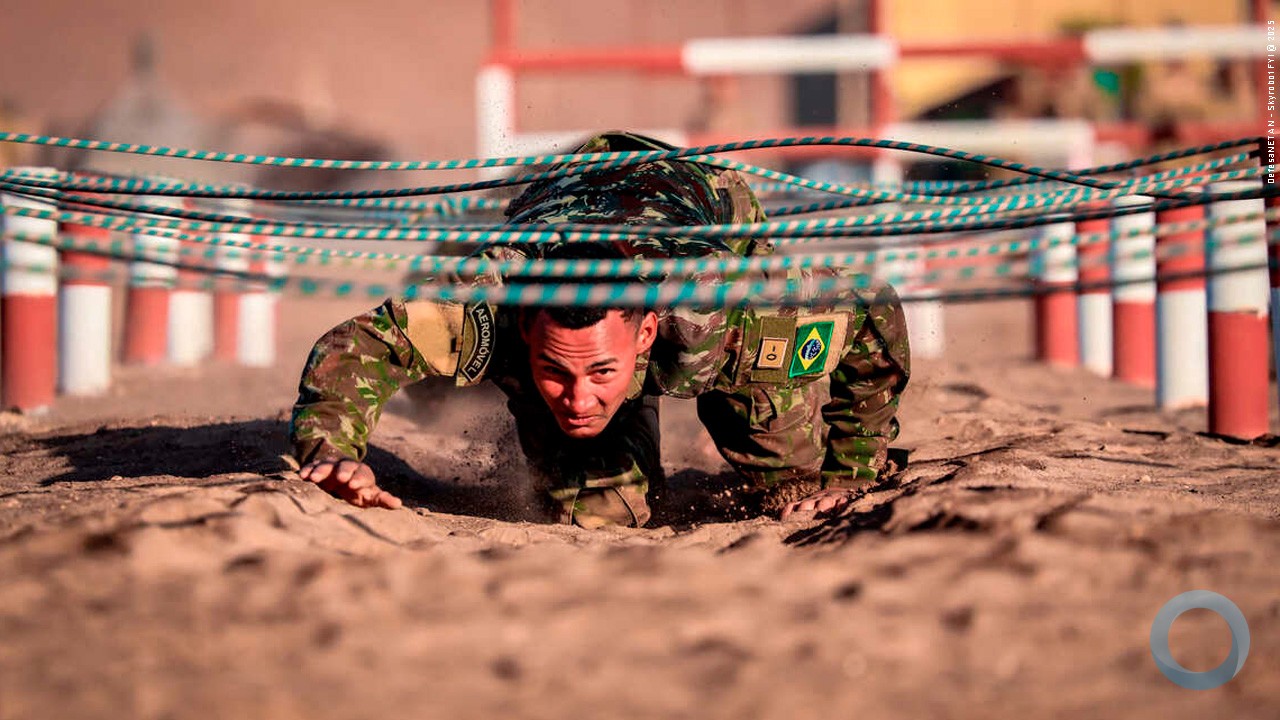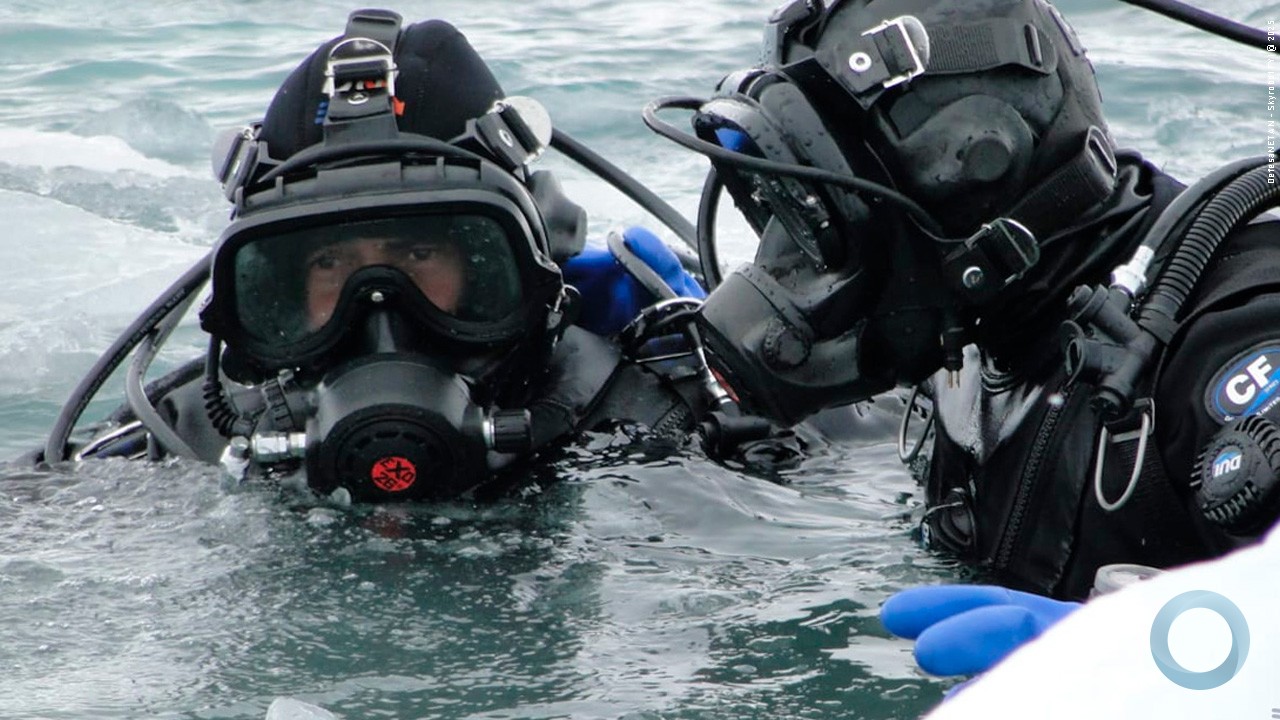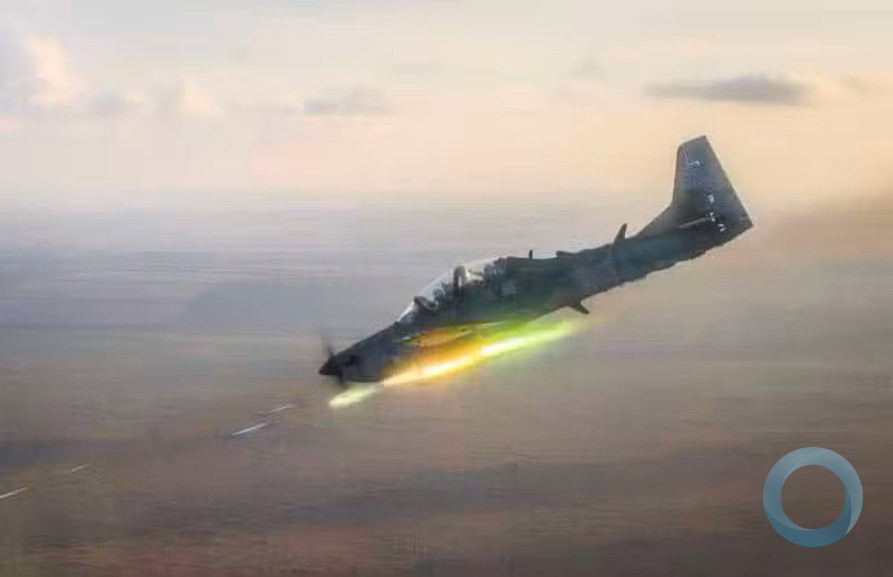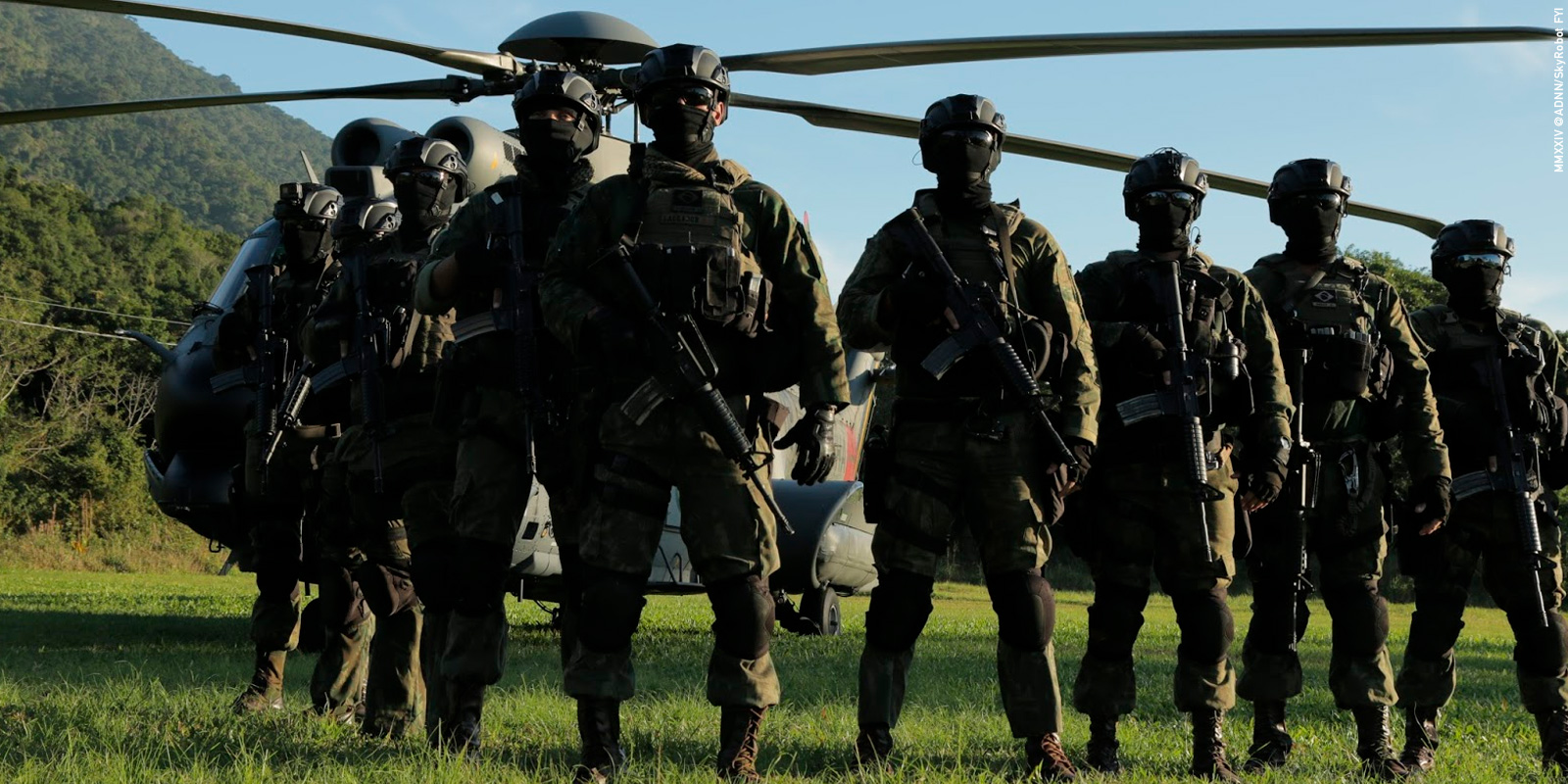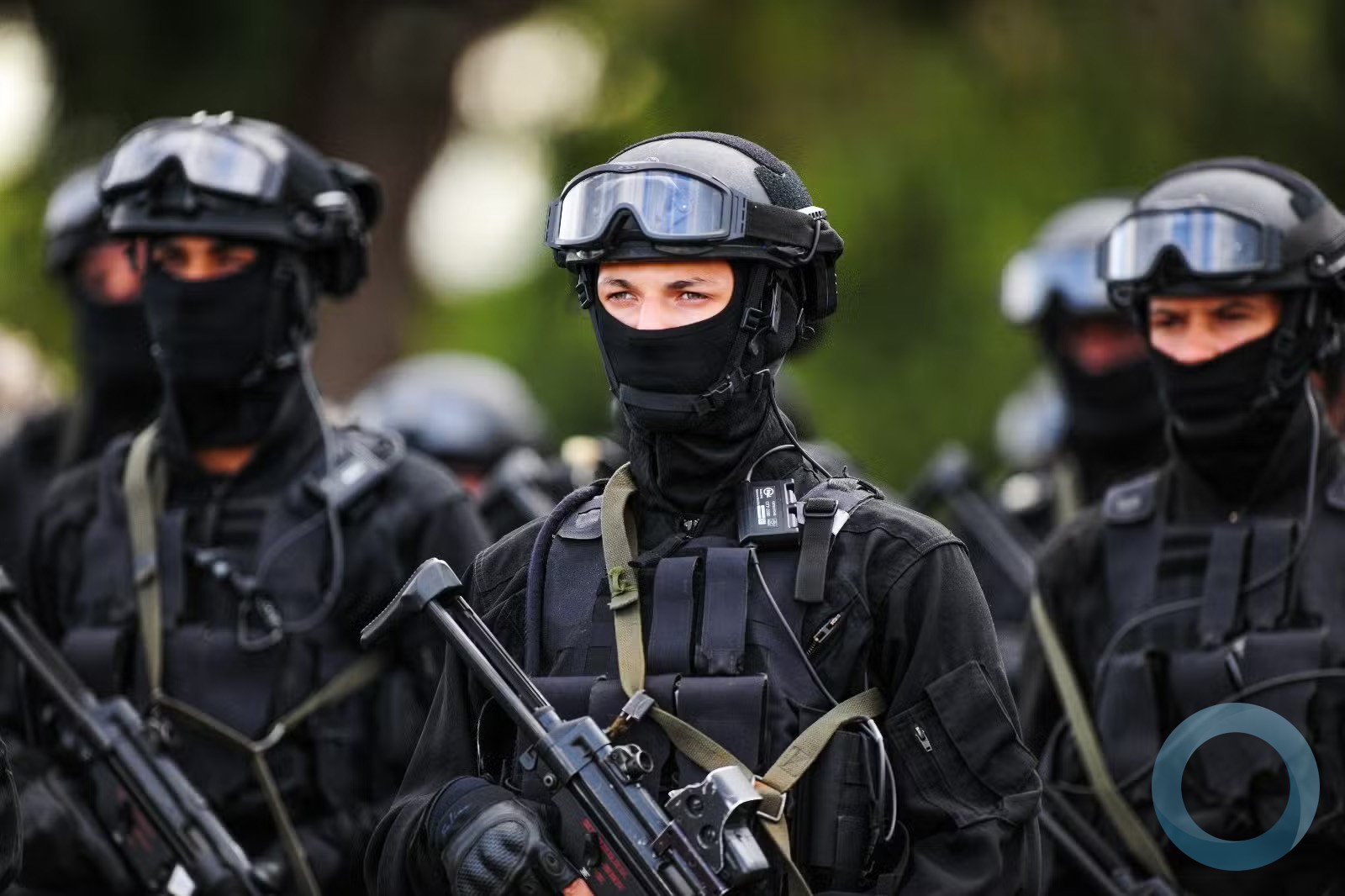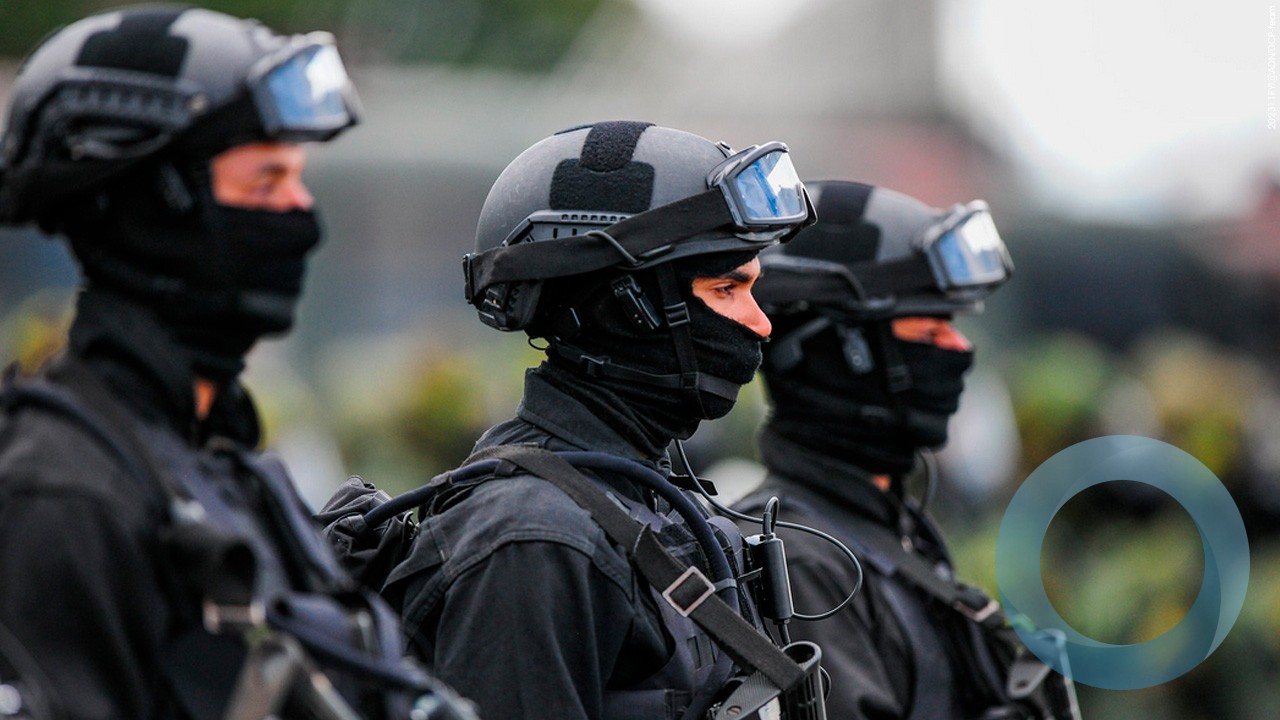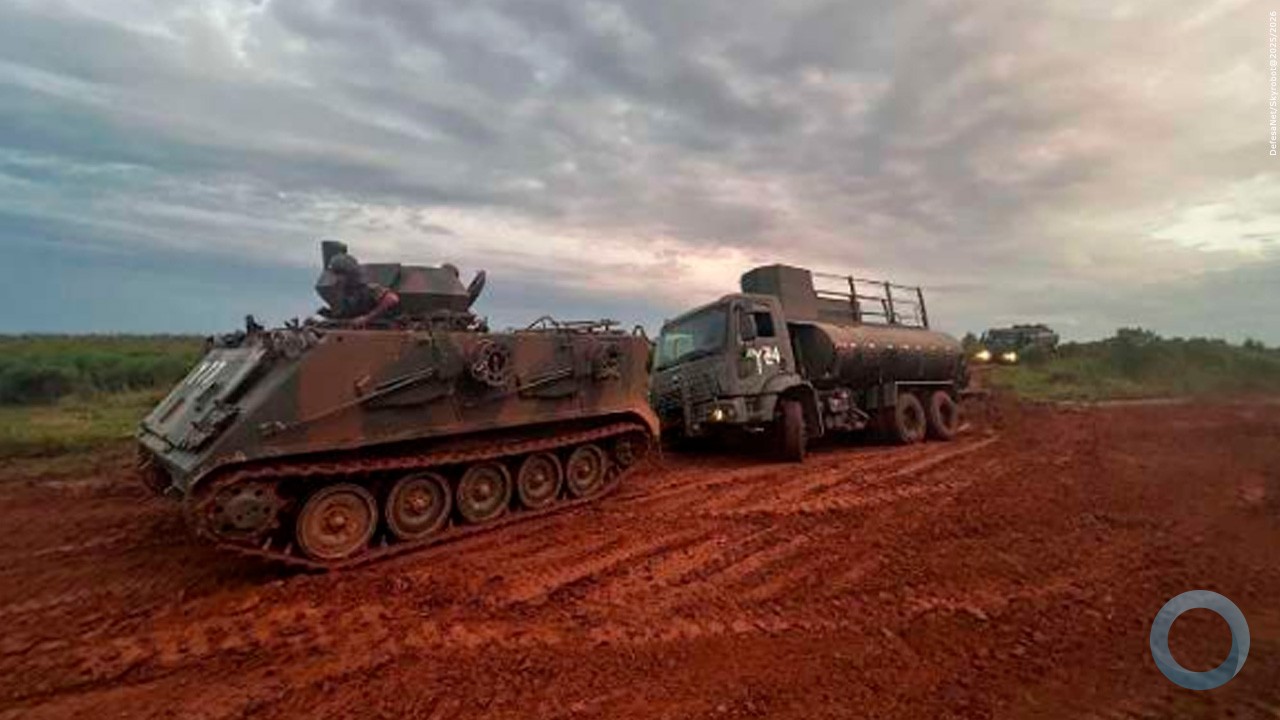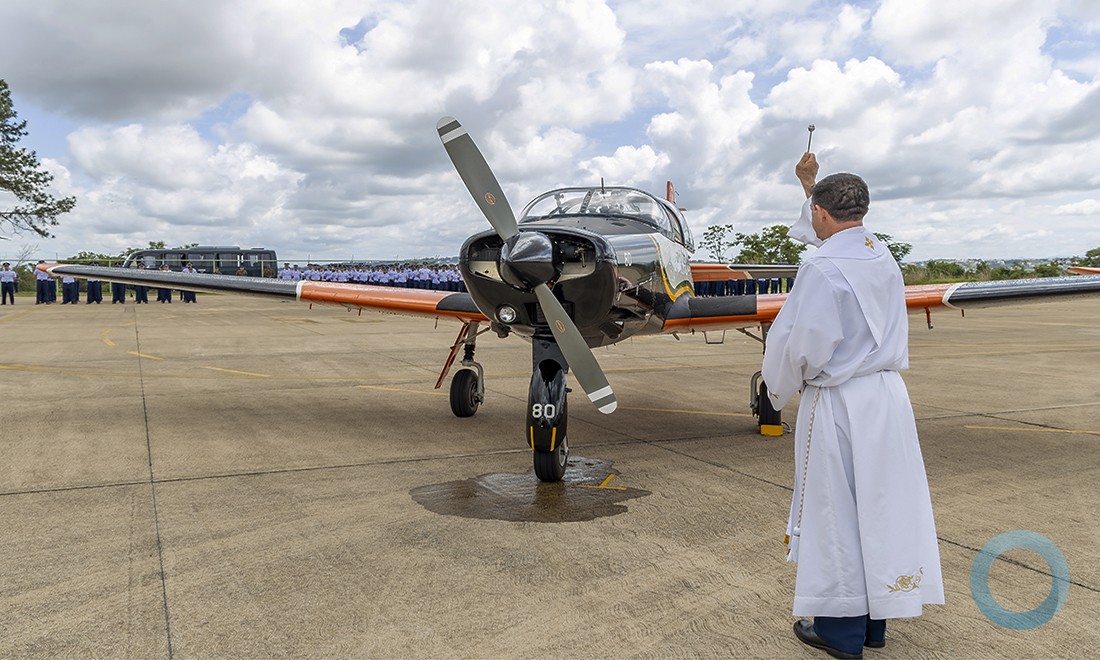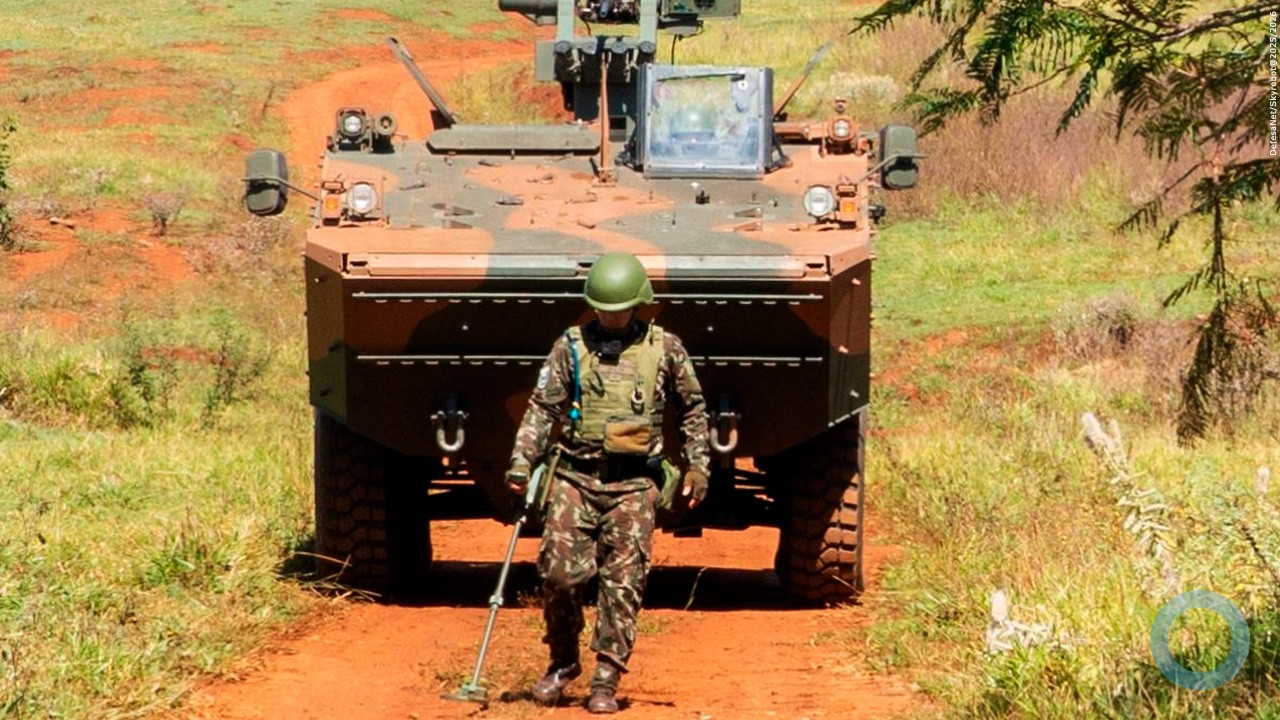Nota DefesaNet
Texto em português Na selva, Brasil busca estender seu alcance Link
O Editor
Por Simon Romero/ New York Times
MARECHAL RONDON BASE, Brazil — Maj. José Maria Ferreira smiled as he listed the threats to human survival in the canopied jungle enveloping this remote military outpost in the Brazilian Amazon.
Brazilian Military’s Crucible: Jungle Warfare Instruction
He started with the piranhas, which lurk in rivers, and the pit vipers like the feared bushmaster, the Western Hemisphere’s longest venomous snake. Then he moved on to the silent creatures, including the formiga-cabo-verde, called the bullet ant in English and found in colonies at the base of trees. Its sting, according to victims, hurts about as much as being shot and lasts for a good 24 hours.
Widening his grin, Major Ferreira then described leishmaniasis, the flesh-eating disease caused by sand-fly bites, the mosquito-borne fevers like malaria and dengue and, finally, rhabdomyolysis, a condition brought on by extremely strenuous exercise. It leads to kidney damage and the breakdown of skeletal muscle tissue; victims can identify its onset when their urine turns dark brown.
“We get concerned when that happens,” said Major Ferreira, 42, the spokesman for Brazil’s Jungle Warfare Instruction Center, which ranks among the most demanding institutions of its kind in the tropics. “That brown coloring means 90 percent chance of death.”
Strangely enough, dozens of soldiers from elite Brazilian military units, as well as members of special operations forces from around the world, vie each year for coveted spots in the courses at the center, which is emerging as a cornerstone of Brazil’s ambition to spread its influence into parts of the developing world, especially in Latin America and Africa.
In courses lasting about nine weeks, instructors submit soldiers to an array of punishing tasks. The soldiers must endure long hikes through the jungle, swim in waters infested with caiman and piranha and survive for several days without rations, hunting or foraging for their own food.
Instructors also deprive soldiers of sleep, roaring insults at them when they show signs of fatigue, and force them to engage in hand-to-hand combat with one another. Throughout it all, soldiers rest (when permitted) in hammocks pitched on trees deep in the forest, where they are often soaked by heavy rains or bedeviled by the ear-piercing groans of howler monkeys.
“It has been a very, very hard and tiring experience,” said Lt. Djibil Toure, 26, one of four junior officers from a special operations unit in Senegal’s army sent to take part in the course this year.
The Senegalese contingent dropped out after failing a test in which participants must tread water in full gear, carrying backpacks and a rifle that together weigh more than 100 pounds. But they remained here as observers because Brazil has agreed to help Senegal’s army improve its jungle warfare abilities.
After the course ends, Lieutenant Toure said, Brazilian military advisers plan to travel to Senegal, where his unit is involved in combating a slow-burning insurgency, the Movement of Democratic Forces of Casamance.
For Brazil, the opportunity to train African soldiers will help lift its profile on the other side of the Atlantic at a time when trade is surging between Brazil and African countries. In addition to Senegal, Angola has begun sending soldiers to the Jungle Warfare Instruction Center, commonly called CIGS, the acronym of its name in Portuguese.
Brazil has also made the courses here available to countries in its own hemisphere, with Argentina, Venezuela, Guyana and Suriname sending participants. Even France, which maintains troops in French Guiana, an overseas region that shares a border in the Amazon with Brazil, and the United States occasionally send soldiers for training.
CIGS originated in 1964 after a Brazilian officer, who attended a similar course once operated by the United States Army in Panama, sought to create an instruction center tailored to the conditions of the Brazilian rain forest.
Some of the innovations here include replacing mules and horses with Asian water buffalos, which were introduced decades ago to the Amazon River Basin and have adapted well to the rain forest, and providing soldiers who complete the course with a combat knife developed for the center.
Training a military force that will allow Brazil to assert its sovereignty over the Amazon region, about 60 percent of which is in Brazil and which is urbanizing at a rapid pace, remains the center’s top priority. The program focuses on the challenges posed by cocaine trafficking, illegal deforestation, the unauthorized mining of gold and diamonds, and the threat of incursions by guerrillas from Colombia briefly seeking a haven.
More broadly, the Jungle Warfare Instruction Center also supports Brazil’s efforts to raise its military profile by taking a more active role in United Nations missions, like the one in Haiti and the United Nations Interim Force in Lebanon, while also repositioning the armed forces after a long stretch of military rule, from 1964 to 1985, when soldiers were implicated in human rights abuses.
The task of preparing soldiers here for missions in Brazil or abroad is largely left up to Lt. Col. Mário Augusto Coimbra, the chief instructor at the jungle warfare center. Colonel Coimbra, a self-described connoisseur of Jack Daniel’s whiskey, recently spent a vacation in Texas hunting feral hogs and displays a collection of combat knives, particularly Nepalese kukris, in his office.
“Rambo couldn’t finish this course,” said Colonel Coimbra, 44, a stocky man whose cellphone ringtone whirls like a helicopter taking off. “It’s because he’s an individualist; to truly survive in the jungle you need to be a team.”
Still, even the teams formed during the course inevitably get whittled down. Of 100 participants who began the course this year, just 53 were left at the midway point. Doctors and psychologists constantly monitor the soldiers, requesting their removal if they appear too fatigued or sick. The last fatality was in 2008, when a soldier fainted while swimming.
In addition to the Senegalese officers, soldiers from Guatemala, Ecuador and France took part in this year’s course. On a recent afternoon, many of the participants looked gaunt, with bags under the eyes, as they were ordered to run in formation under incessant rain. All of them had their name tags removed from their fatigues, and were assigned numbers by instructors.
No. 14, Lt. Caio Nicoli Calggario of Espírito Santo State in southeastern Brazil, looked exhausted when asked about the course. He said a low point came during the survival phase when some soldiers staved off hunger by eating the larvae found on the babassu coconut tree. “I slept 10 minutes last night,” he said, staring at the ground. “It’s hard to hunt when you’re tired.”






